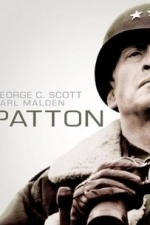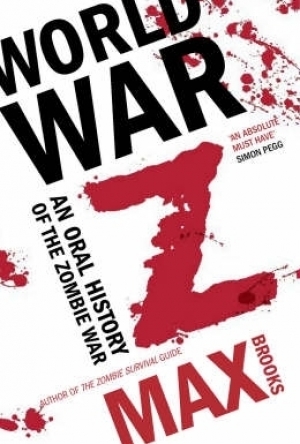Sean Astin recommended Patton (1970) in Movies (curated)
ClareR (6054 KP) rated The German House in Books
Dec 30, 2019
I really enjoyed this novel. It was hard-going at times, and it did read like a translated novel. It did however, catch the spirit of the time. Eva’s longing to break out of the societal restrictions of the time (for example when she refers to how much she likes a new Beatles song that Jürgen can’t understand, he doesn’t like pop music) and Jürgen’s wish that she stops work as soon as she gets engaged (as a modern woman, I was positively fuming at this point!!).
I was fascinated by the trip the Court makes to Auschwitz - somewhere I’ve never been, and after a trip to Oranienburg (a camp for political prisoners outside Berlin), I feel that I would struggle to go. This was one of the most emotional parts of the book.
The side story involving Eva’s older sister is also fascinating, and I feel portrays the effect of seeing so much violence and hatred as a young child (no spoilers here!).
All in all, after I got used to the writing style, I really enjoyed this. It was an interesting insight into the post-war years, and West Germany’s reaction to the damage and destruction that the Nazis had caused during the Holocaust.
This is well worth a read.
Many thanks to NetGalley and the publisher for my copy of this book to read and honestly review.
Kyera (8 KP) rated World War Z: An Oral History of the Zombie Wars in Books
Feb 1, 2018
You learn about the experiences of everyday people just prior to the outbreak. This is a time when no one knows what is happening. People are dying, becoming infected, and turning into violent cannibals. Is it some strange new disease that modern medicine has yet to find a cure to, or something worse?
Then, the stories become more dire, strained, broken; as the population begins to figure out the absolute devastation that this event will wreak. Suddenly, the stories are just people trying to survive or those attempting to combat the enemy. No one knows how to halt the impending storm. The absolute destruction such an enemy poses.
Unlike humans and their armies, the undead need no respite. The undead don't feel pain, hunger, anguish, or lose moral. And as the military's forces dwindle in battles, the zombies swell in ranks. Each loss to you is a welcome addition to their force. An enemy that is unknown cannot easily be beaten.
Will the human race even survive long enough to worry about rebuilding, destroying every trace of the plague, or even what brought it to the world to begin with?
The novel was a unique take on the zombie/war genre and interestingly written. I did find my attention wandering at times and would have to reread sections. Although I prefer reading physical books, this novel has an incredible voice cast for its audio-counterpart. Their talents brought this book to an entirely new level, giving each character a unique voice and story (and I'm not just saying that because there was a different person voicing each one.) I've never read a book before (or listened to one) that had such a diverse cast to bring the book to life.
If you like historical fiction or zombie novels, than you're likely going to enjoy this. If zombies and historical/realistic fiction (regardless of the fact that zombies are involved) are not your style, than you may not enjoy this.
How would you react if the dead began to rise, attack, and devour your neighbors, overrunning your town - could you survive?

Alvar Aalto: Architect
Richard Rogers and John Stewart
Book
Alvar Aalto remains Finland's greatest architect, retains his place among the Modern Masters of...
Special Deliveries: Her Nine-Month Secret: The Secret Casella Baby / The Secret Heir of Sunset Ranch / Proof of Their Sin
Dani Collins, Cathy Williams and Charlene Sands
Book
The Secret Casella Baby How does it feel to be one of the beautiful people? This is a question...
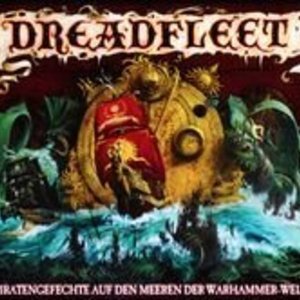
Dreadfleet
Tabletop Game
For two bleak decades the Undead reavers of Count Noctilus have plagued the oceans of the world....
Boardgames Miniaturegames
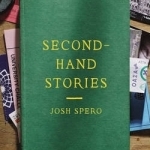
Second Hand Stories
Book
Every second-hand book tells two stories: one within its pages and another of the life it lived...

Corsets: Historic Patterns and Techniques
Book
Progressing through almost two centuries of corset-making, this fascinating collection showcases an...
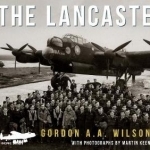
The Lancaster
Gordon A. A. Wilson, Martin Keen and Peter Mansbridge
Book
The Avro Lancaster, took the RAF's bombing campaign right to the heart of Nazi Germany night after...

The Penguin Book of Modern British Short Stories
Book
The Penguin Book of Modern British Short Stories, edited by novelist and critic Malcolm Bradbury, is...
